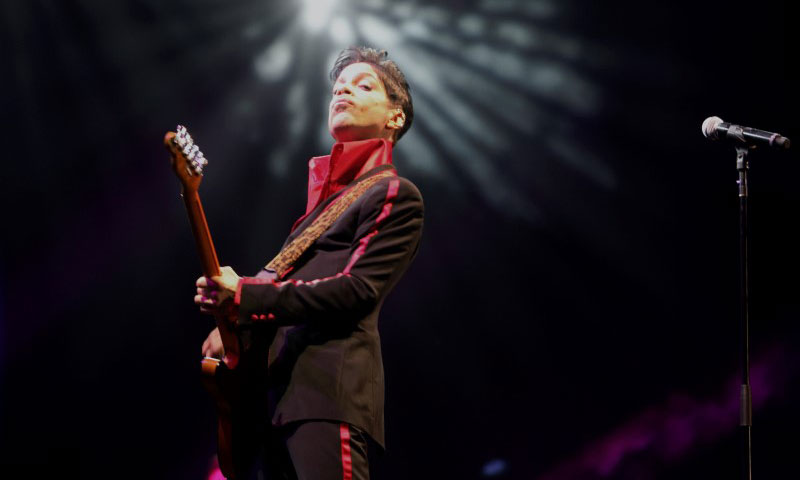
Prince’s Quiet Philanthropic Legacy
The iconic pop star and musician was an active philanthropist, but the scope of the time and energy he gave to various causes wasn't known until his death last week, largely because he preferred to keep his work quiet.
Many things about Prince were plenty showy. His approach to philanthropy wasn’t one of them.
But, in the wake of his recent passing, the pop star’s significant gifts to nonprofits are starting to become public.
There are people that have solar panels on their houses right now in Oakland, California, that don’t know Prince paid for them.
In the past few years, Prince donated both time and money to #YesWeCode, a nonprofit organization that brings technology opportunities to underprivileged youth. He also helped launch Green for All, a group that focuses on bringing the green economy to low-income areas of the country.
Prince worked closely with Van Jones, a former Obama administration adviser and a current CNN personality, who has been the face of both groups through his nonprofit accelerator Dream Corps. In recent interviews, Jones said that Prince’s backseat role with the organizations was intentional; as a devout Jehovah’s Witness, Prince did not speak publicly about his donations.
“People think about him as a musician,” Jones explained to USA Today. “But it’s not just what he did with musical instruments. It’s what he did with his whole life. He helped so many people. Most people don’t know that. He wanted to keep his charitable activities a secret. He wanted to keep his passion for underprivileged people between him and his god.”
The launch of #YesWeCode was public, in part because Prince helped launch the group at the 2014 Essence Festival. He performed there thanks to the event’s promoters, who agreed to hold a hackathon at the festival. Jones explained that #YesWeCode came about in an effort to counteract the politics of the Trayvon Martin shooting:
“After the Trayvon Martin verdict I was talking to Prince and he said, ‘You know, every time people see a young black man wearing a hoodie, they think, he’s a thug. But if they see a young white guy wearing a hoodie they think, oh that might be Mark Zuckerberg. That might be a dot-com billionaire.'”
“I said, ‘Well, yeah, Prince that’s true but that’s because of racism.’ And he said, ‘No, it’s because we have not produced enough black Mark Zuckerbergs. That’s on us. That’s on us. To deal with what we’re not doing to get our young people prepared to be a part of this new information economy.'”
While Prince’s role with #YesWeCode was known, his ties to Green for All were hidden from view until Jones revealed in a CNN segment last week that Prince was the driving force behind the group, both financially and motivationally.
“There are people that have solar panels on their houses right now in Oakland, California, that don’t know Prince paid for them,” Jones said in the CNN segment.
Prince also had ties to philanthropic initiatives that weren’t associated with Jones. After the death of Freddie Gray while in Baltimore police custody in 2015, the artist held a charity concert that helped to pay for services at local nonprofits. The effort, said Ernest Dorsey of the Baltimore City Mayor’s Office of Employment Development, helped pay the salaries of 20 young people last year.
At the peak of his success in the fall of 1984, Prince performed a secret concert at Gallaudet College, a school for the deaf in Washington, DC, now known as Gallaudet University. Nearly 2,500 attendees with disabilities, who came from both the college and around the city, were able to take part in the free event.
(Jumana El-Heloueh/Reuters)






Comments